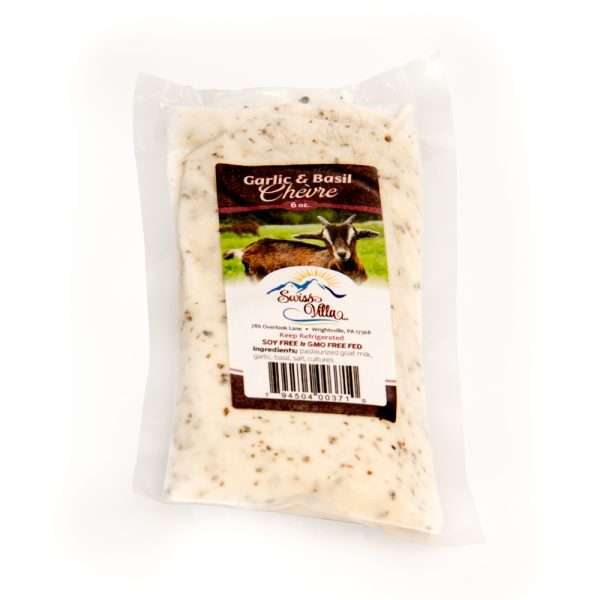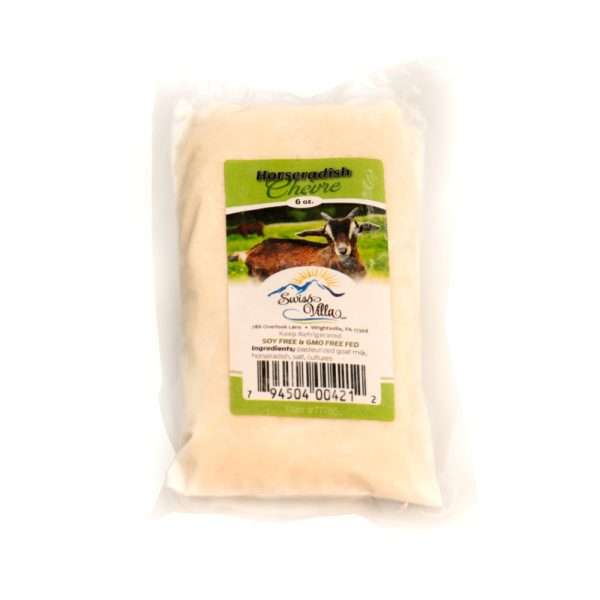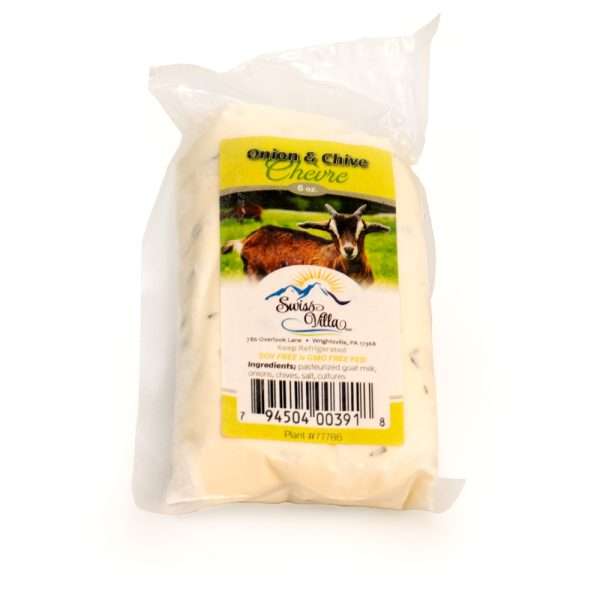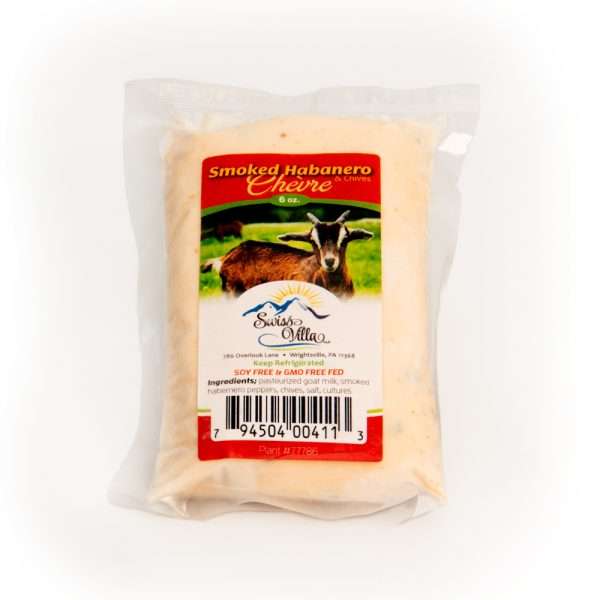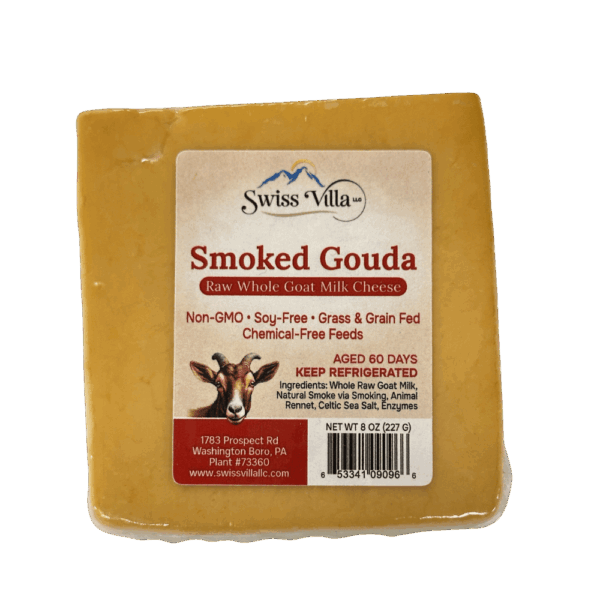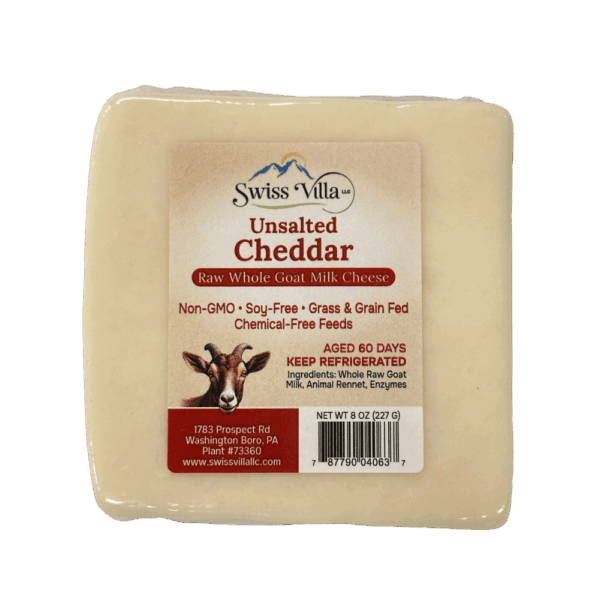Get your 10% coupon code sent to your email immediately
Organic Sharp Cheddar On Sale Right For Limited Time! -20% OFF!
Delicious Raw Goat Cheese
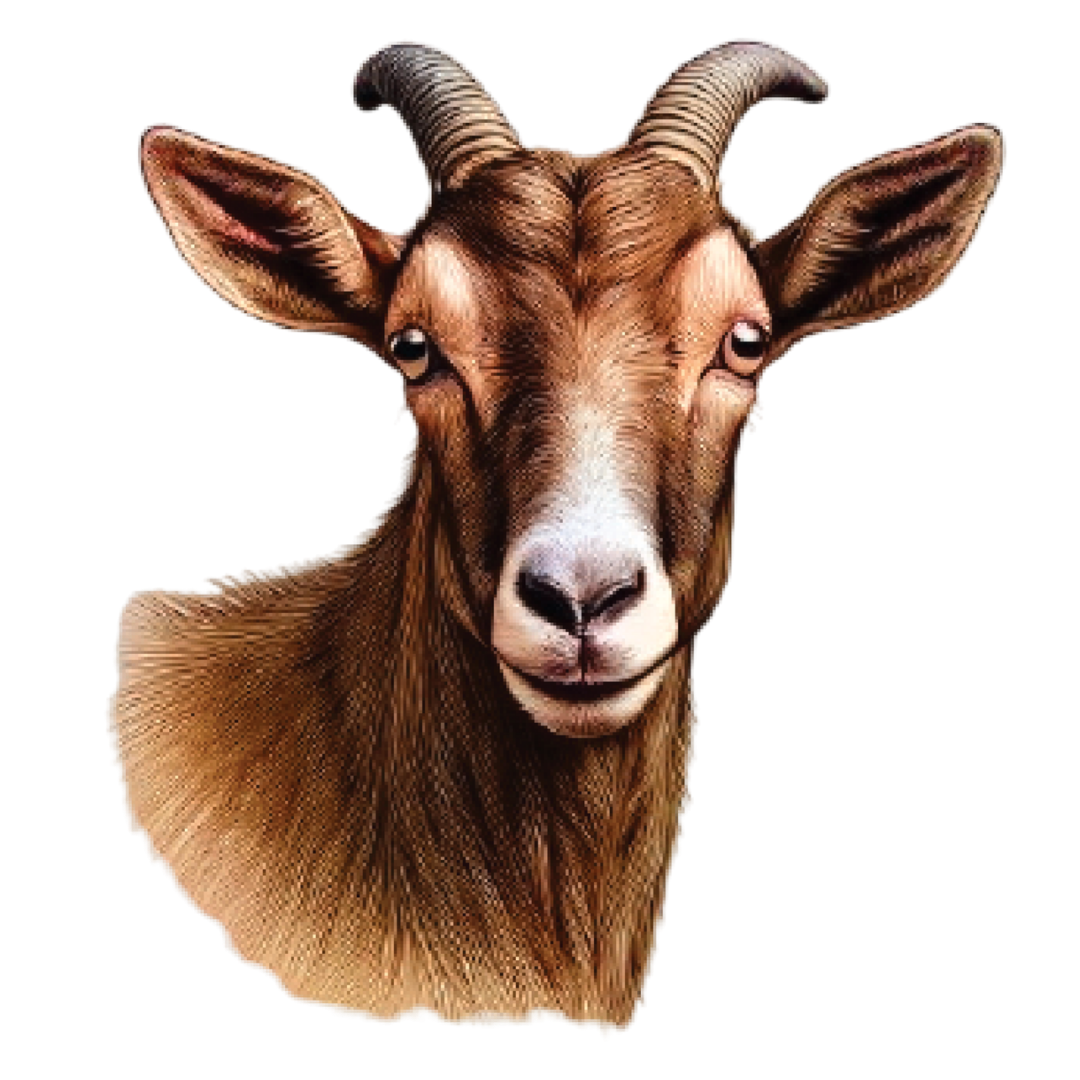
Goat Cheese
Showing 13–18 of 18 results
-
Garlic & Basil Chevre | From Grass and Grain Fed Goat Milk | 6 oz
$10.08 — or subscribe to save 5% -
Horseradish Chevre | From Grass and Grain Fed Goat Milk | 6 oz
$10.08 — or subscribe to save 5% -
Onion & Chive Chevre | From Grass and Grain Fed Goat Milk | 6 oz
$10.08 — or subscribe to save 5% -
Smoked Habanero Chevre | From Grass and Grain Fed Goat Milk | 6 oz
$10.08 — or subscribe to save 5% -
Grass Fed Raw Smoked Gouda Goat Cheese | 8 oz
$13.86 — or subscribe to save 5% -
Grass Fed Raw Unsalted Cheddar Goat Cheese | 8 oz
$13.86 — or subscribe to save 5%
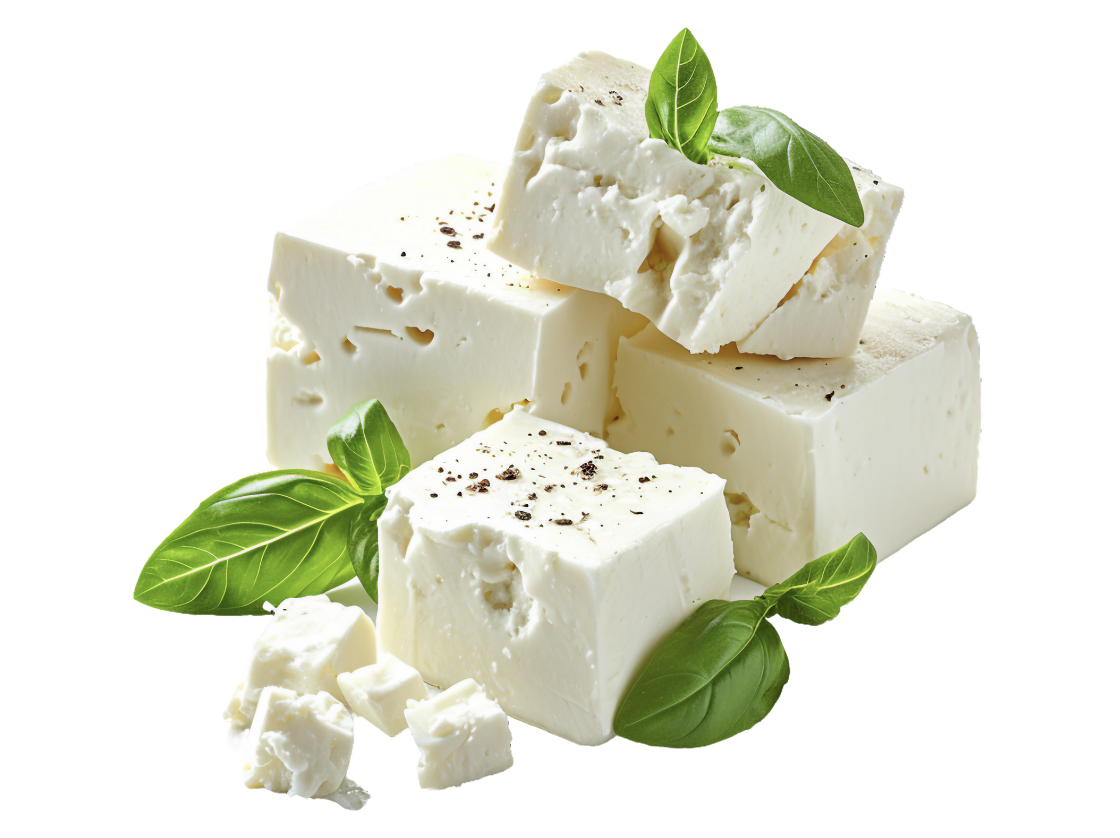
Raw Goat Cheese
We understand that you and your family need quality dairy products. With you in mind, we create raw goat cheese only from grass-fed goat milk sourced by Amish, family-owned farmers in Pennsylvania. You can be sure that every bite of your raw goat cheese is sourced from the best goat milk.
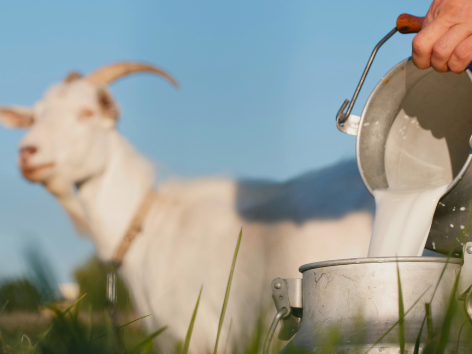
Why We Use Raw Milk For Our Raw Goat Cheese
We believe in giving your body the nutrients it needs. But sadly, too often dairy products come with harmful byproducts. Not ours! We use raw milk for our raw goat cheese because it provides more nutrient content, supports gut health, offers healthy fat, and more. Each bite of our raw goat cheese is soy-free and GMO-free, produced on chemical-free, Amish farms in Pennsylvania. Because each of our raw goat cheese products is aged 60 days, you can rest assured that our cheese is free from harmful bacteria. Instead, it offers many incredible health benefits…keep reading!
Health Benefits Of Raw Goat Cheese
Ready to dive into the health craze surrounding raw goat cheese?
Healthy Fats
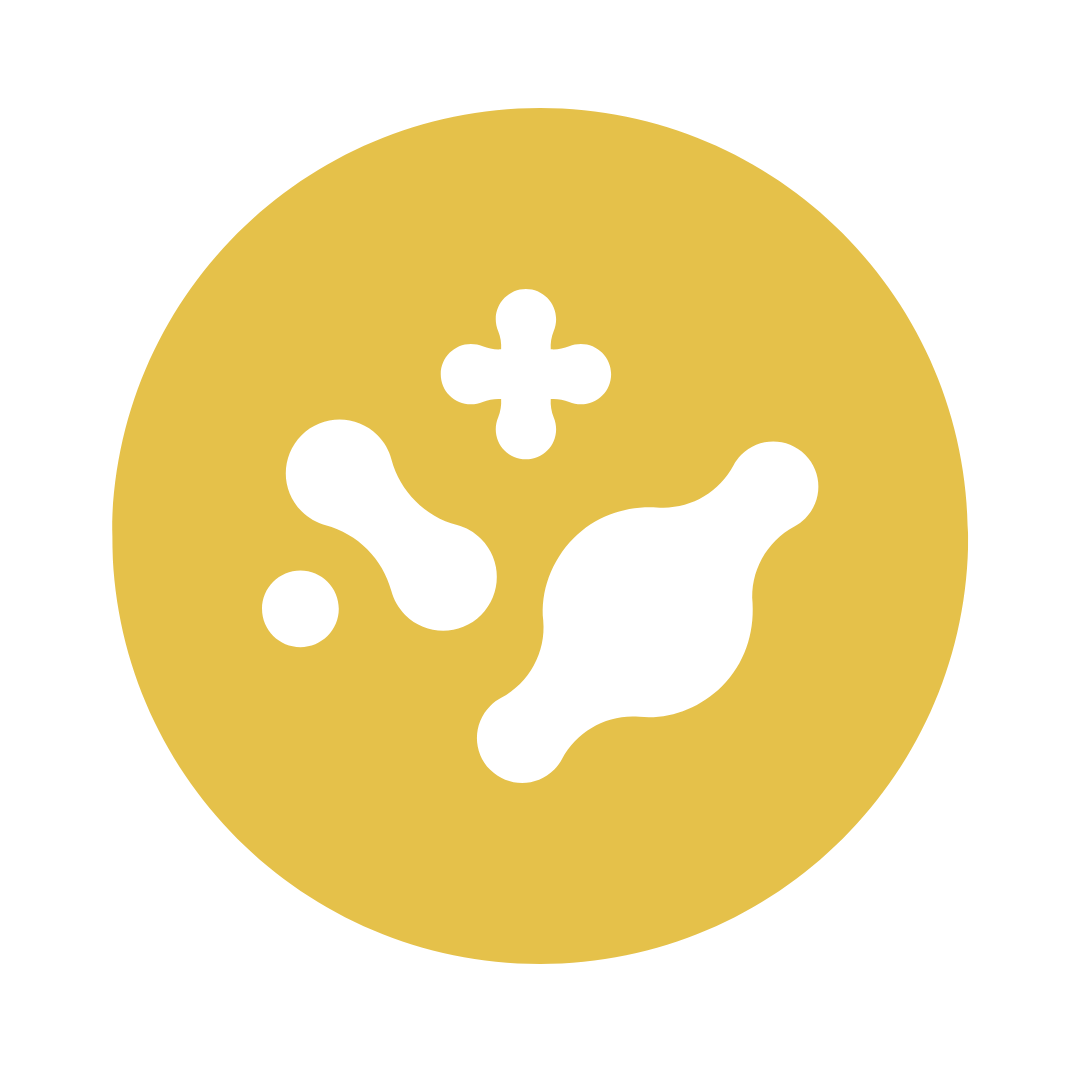
In each bite of our raw goat cheese, you absorb healthy fats that can aid in your overall health.
Gut Health

Because of the presence of helpful live bacteria and natural enzymes, your gut and digestive health may increase.
More Nutrients
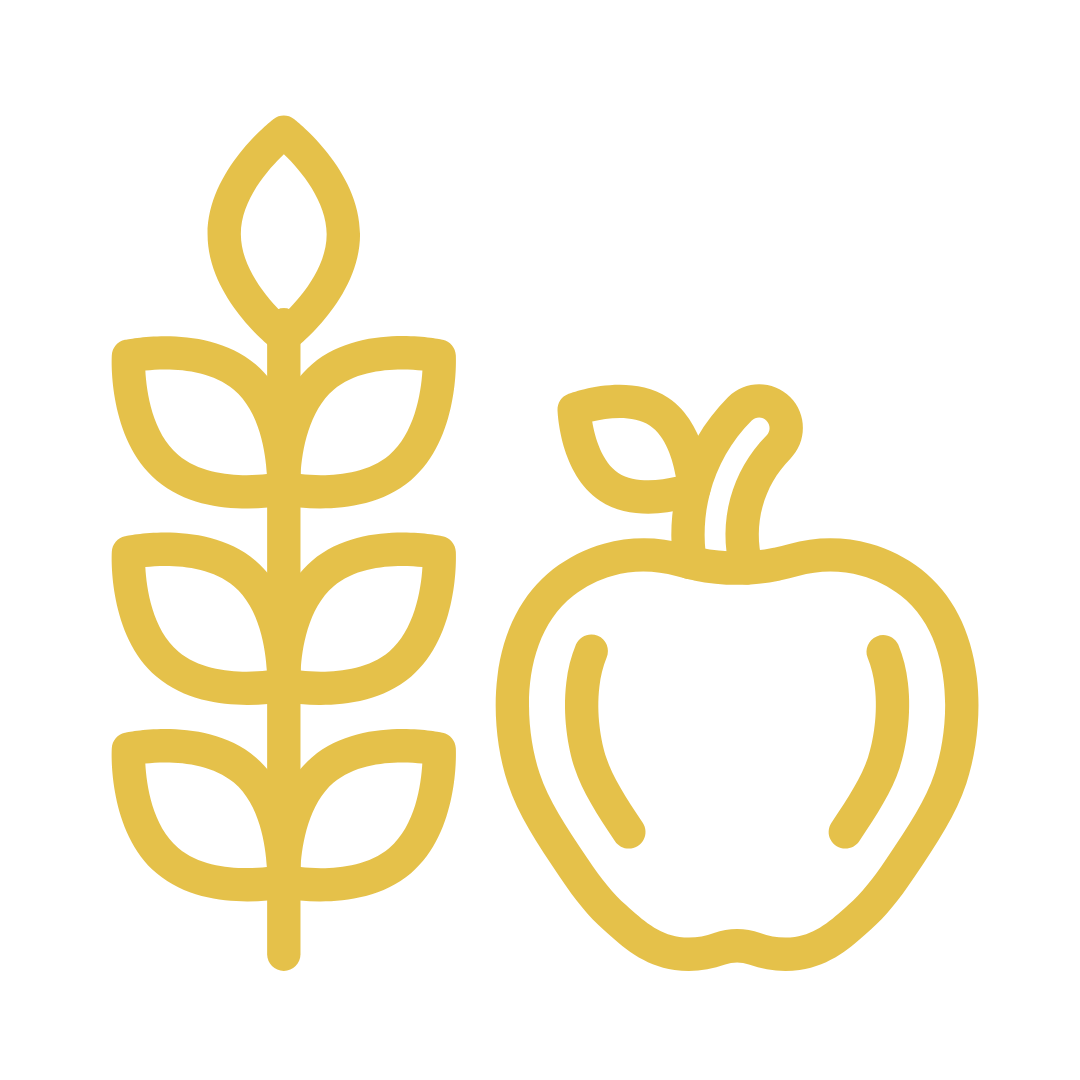
Compared to pasteurized dairy products, raw goat cheese preserves higher amounts of nutrients and vitamins.
Higher Nutrient Absorption
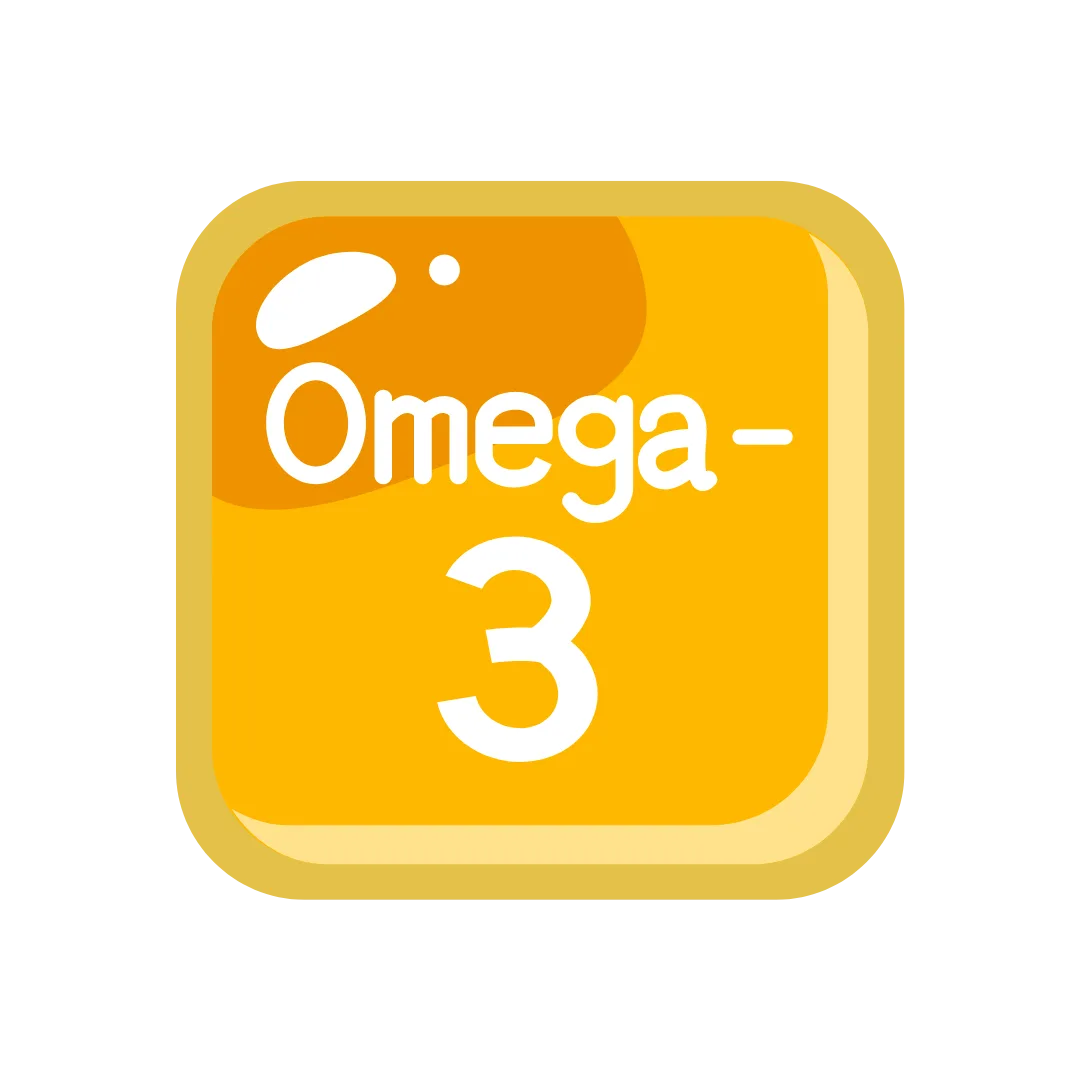
Because of the process in which raw goat cheese is created, your body can absorb nutrients more efficiently.
Our Raw Goat Cheese Process
Culturing The Milk
Adding The Rennet
Cutting The Curd!
Gently Cooking The Curd
Draining The Whey
Cheddaring The Curds
Aging The Cheese
Types of Raw Goat Cheese
When it comes to cheese, we want options. One month, we might crave a sharp flavor, while the next, we might think of mild hints. Browse our selection of raw goat cheese to find something that matches your taste buds.
Specialty Raw Goat Cheeses
Right here on small farms in Lancaster County, we produce some of the most iconic household cheeses… except its all with raw goats milk. And that is the key feature that sets apart our delicious cheeses like our cave aged blue, Feta, Baby Swiss, Gouda, and Havarti raw Goat Cheeses.
Flavored Raw Goat Cheeses
Want a little spice or flavor in your life? We’ve got a raw goat cheese for that too. Prepare to delight your taste buds with our spicy Pepper Jack Goat Cheese, or savory Garlic and Herb Goat Cheese


